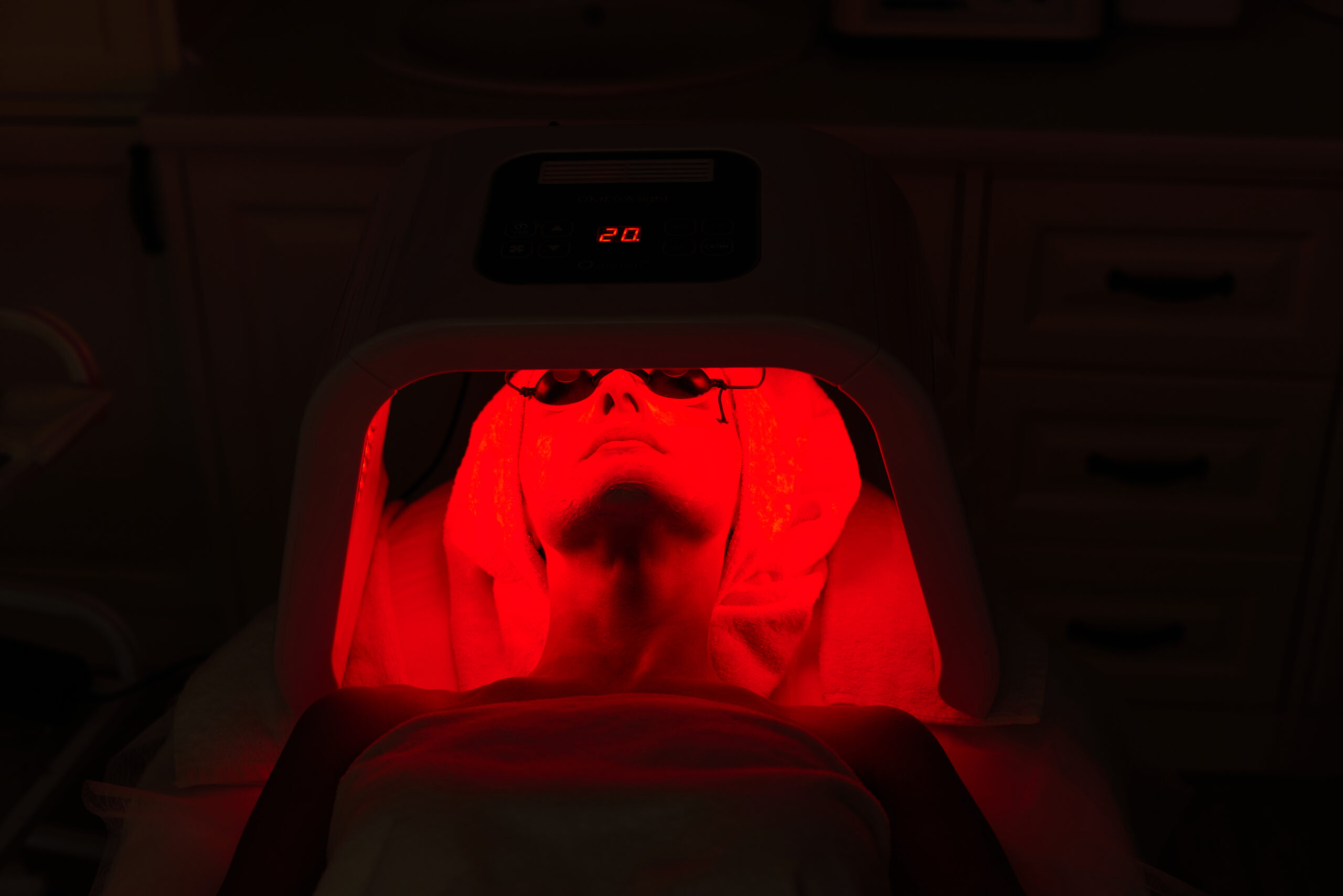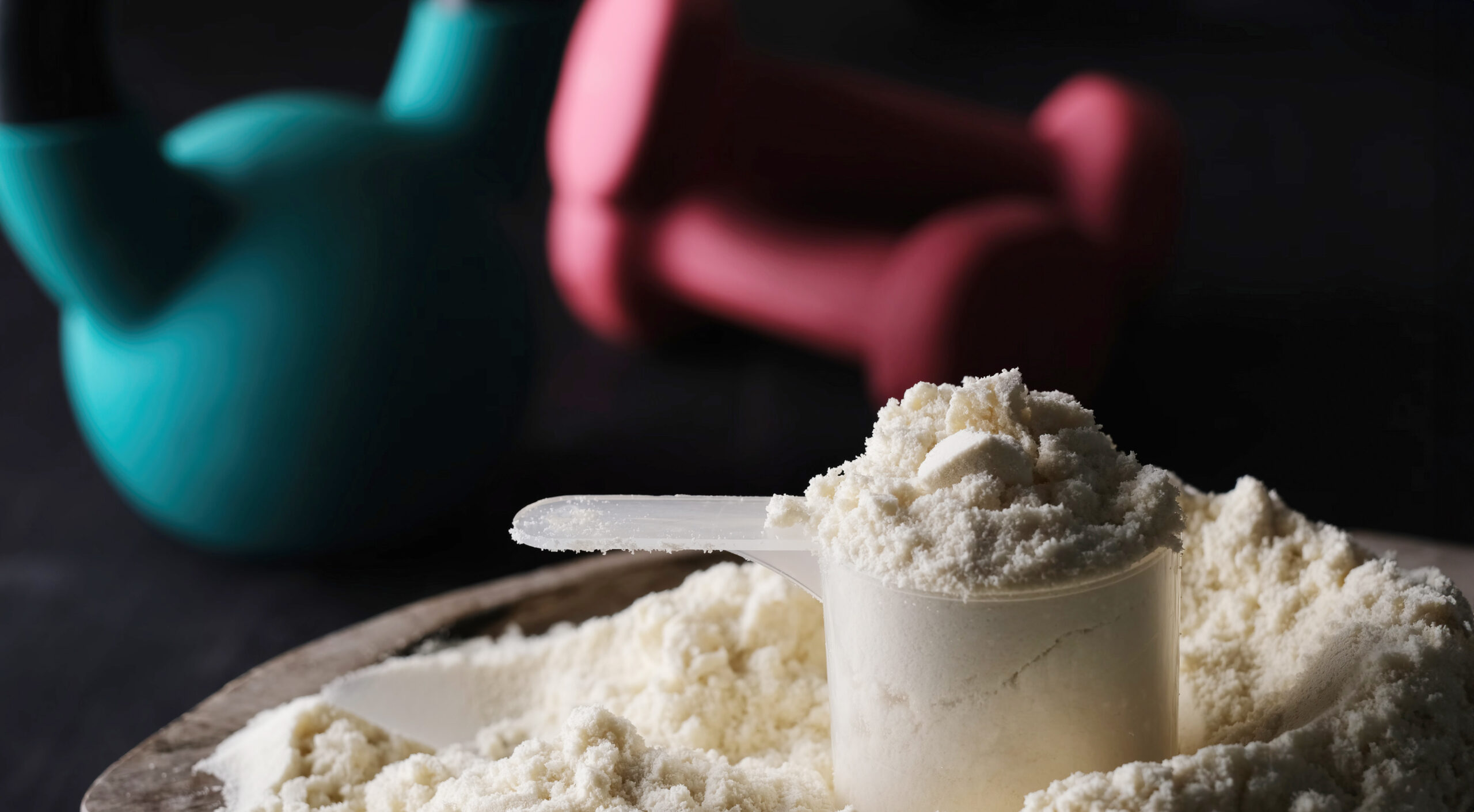Building muscle is often associated with enhanced strength, better physical appearance, and overall fitness. However, the benefits extend far beyond aesthetics and physical performance. One often overlooked advantage is how muscle development can significantly boost your immune system. Here are four key ways that increasing muscle mass can enhance immune function:
The Benefits of Building Muscle
1. Enhanced Circulation of Immune Cells
Muscles act as reservoirs and pumps for immune cells. When you engage in resistance training, you stimulate the circulation of immune cells throughout your body. This improved circulation helps immune cells patrol the body more effectively, identifying and eliminating pathogens. Regular muscle contractions ensure a robust and responsive immune system, which is crucial for quickly responding to potential threats.
Physical activity, particularly resistance training, increases blood flow, facilitating the movement of immune cells like lymphocytes and macrophages to areas where they are needed most. This enhanced circulation not only helps in the immediate response to infections but also supports the maintenance of overall immune surveillance.
2. Reduction of Inflammatory Markers
Chronic inflammation is a common issue that can suppress the immune system and increase susceptibility to infections and diseases. Building muscle through regular exercise can help reduce levels of inflammatory markers in the body. Studies have shown that individuals who engage in strength training have lower levels of C-reactive protein (CRP) and other inflammatory markers. This reduction in inflammation supports a healthier immune response and lowers the risk of chronic illnesses.
Inflammation is a natural response to injury or infection, but when it becomes chronic, it can lead to various health problems, including impaired immune function. Exercise helps to mitigate this by promoting the release of anti-inflammatory cytokines and reducing the levels of pro-inflammatory markers, thus creating a more balanced immune environment.
3. Improved Metabolic Health
Muscle tissue plays a crucial role in metabolic health by enhancing insulin sensitivity and glucose metabolism. Better metabolic health supports the immune system by reducing the risk of obesity and type 2 diabetes, both of which can compromise immune function. Additionally, healthy muscles can store and release amino acids necessary for the production of antibodies and other immune proteins, ensuring a more efficient immune response.
Metabolic disorders can have a direct impact on immune function. For instance, high levels of blood sugar can impair the function of immune cells. By improving insulin sensitivity and glucose metabolism, muscle-building exercises help maintain metabolic balance, which is essential for a well-functioning immune system.
4. Hormonal Benefits
Building muscle influences the production and regulation of various hormones that are integral to immune function. For example, resistance training increases the production of growth hormone and testosterone, both of which have immune-boosting properties. These hormones help in the repair and regeneration of tissues, including those of the immune system. Moreover, exercise-induced endorphin release can reduce stress levels, which is beneficial since chronic stress can weaken the immune system.
Hormones play a critical role in modulating immune responses. Growth hormone, for example, has been shown to stimulate the production and activity of immune cells. Similarly, testosterone and other androgens can influence the immune system’s ability to respond to infections. Regular exercise helps maintain optimal levels of these hormones, thereby supporting immune health.
Practical Tips for Building Muscle
Curious about how to build muscle? To reap these immune-boosting benefits, consider incorporating the following tips into your fitness routine.
1. Consistent Strength Training
Aim for at least two to three strength training sessions per week, focusing on major muscle groups. This helps ensure that you are regularly stimulating muscle growth and maintaining a high level of physical activity.
2. Adequate Nutrition
Ensure you are consuming enough protein to support muscle growth and repair. Include a balanced diet rich in vitamins and minerals that support immune health. Proteins provide the building blocks for muscle as well as for the immune system’s antibodies and other critical proteins.
3. Rest and Recovery
Allow adequate time for muscle recovery between workouts to prevent overtraining, which can suppress immune function. Overtraining can lead to increased levels of stress hormones, which can negatively impact immune function.
4. Hydration and Sleep
Maintain proper hydration and prioritize sleep, as both are crucial for muscle recovery and overall immune health. Sleep is especially important as it is a time when the body repairs and regenerates tissues, including those of the immune system.
Building muscle is more than just a fitness goal; it’s a strategic way to enhance your immune system and improve overall health. By integrating regular strength training into your lifestyle, you can enjoy a stronger, more resilient body capable of warding off illnesses more effectively.



